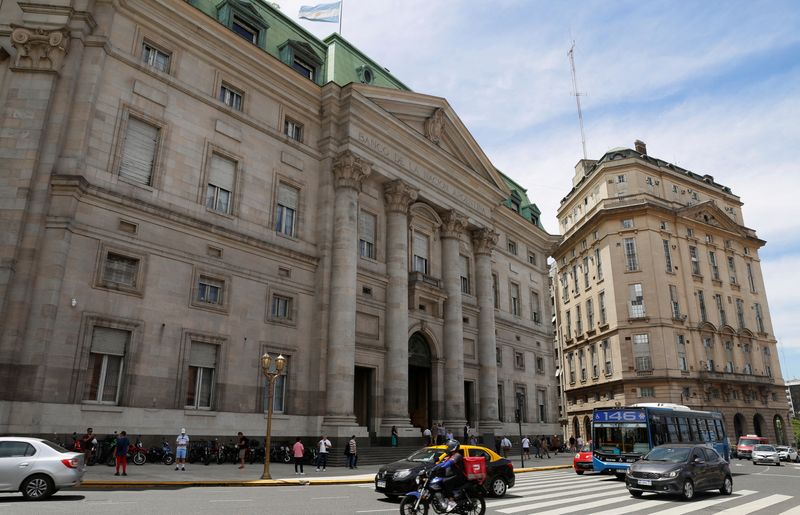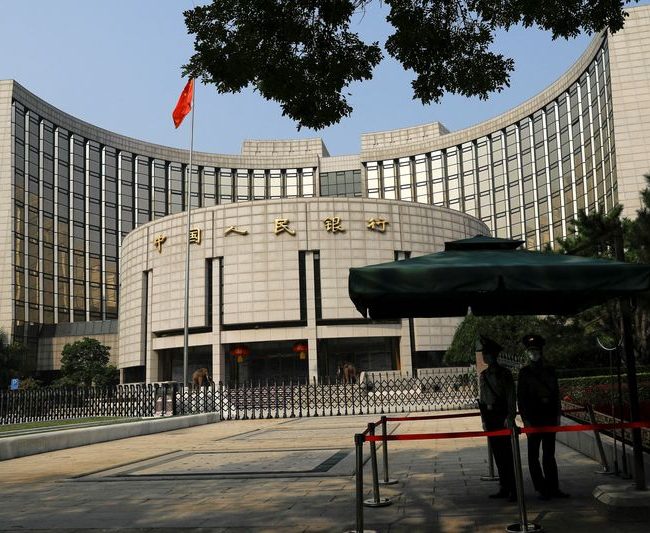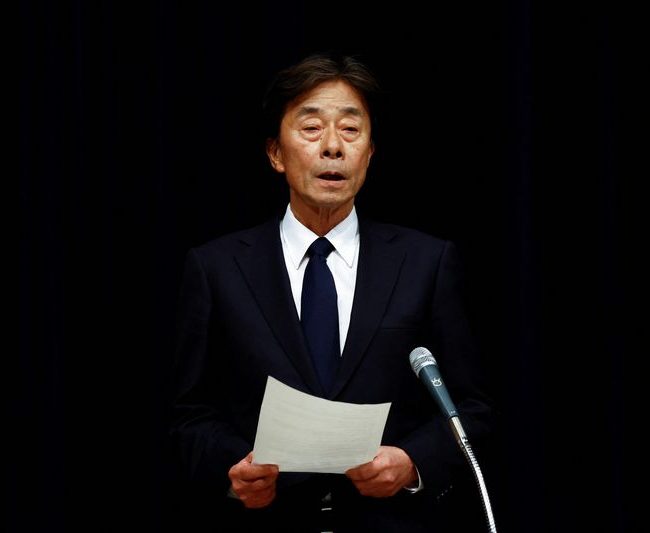
Argentina markets look to rate cut, crawling peg to add fuel to New Year rally
By Walter Bianchi
BUENOS AIRES (Reuters) – Investors in Argentina are betting on a potential interest rate cut and a slower ‘crawling peg’ for the local peso will prolong a market rally fueled by the pro-market policies of President Javier Milei and hopes for fresh IMF funds.
The South American country’s libertarian leader has slashed public spending, rebuilt its foreign reserves and overturned a deep fiscal deficit, while gradually chipping away at damaging triple-digit annual inflation.
And although Argentina still faces myriad issues including tough capital controls, poverty affecting more than 50% of its population and still depleted reserves, last year’s strength in bonds and shares has continued into 2025.
Helping to prolong the rally was a more than $4 billion repayment on sovereign bonds last week, which helped burnish the administration’s reputation for paying the debts of Argentina, where investors have regularly been burnt by defaults.
“Argentina bonds and stocks kept rising in the early days of the new year, with country risk hitting new lows,” said consultancy Delphos Investment, adding that December inflation data should come in near 2.5%, down from 25% a year earlier.
“This should result in a reduction of the currency crawling peg to 1% (monthly devaluation) and a cut to interest rates,” Delphos added. The peso is now allowed to weaken 2% each month while the interest rate is 32%, down from 133% in December 2023.
Analysts now see a rate cut and slower devaluation as far more likely.
“The market is pricing in a slowdown in the pace of currency devaluation that would be accompanied by a reduction in interest rates,” Argentina-based Wise (LON:WISEa) Capital said.
GMA Capital Research said that lower inflation numbers, due on Tuesday, could be the prompt for monetary policy action.
“As has happened on previous occasions, in the wake of good inflation figures, the BCRA (central bank) could consider reducing the monetary policy rate,” it said.
Argentina, which has a $44 billion International Monetary Fund (IMF) program, is in talks for a potential new loan, with hopes that extra funds would further restore market confidence.
“This would allow us to strengthen reserves and be able to keep moving towards lifting controls,” said Buenos Aires-based economist Gustavo Ber, noting that investor optimism was due to macroeconomic progress and hopes of fresh funds from the IMF.


